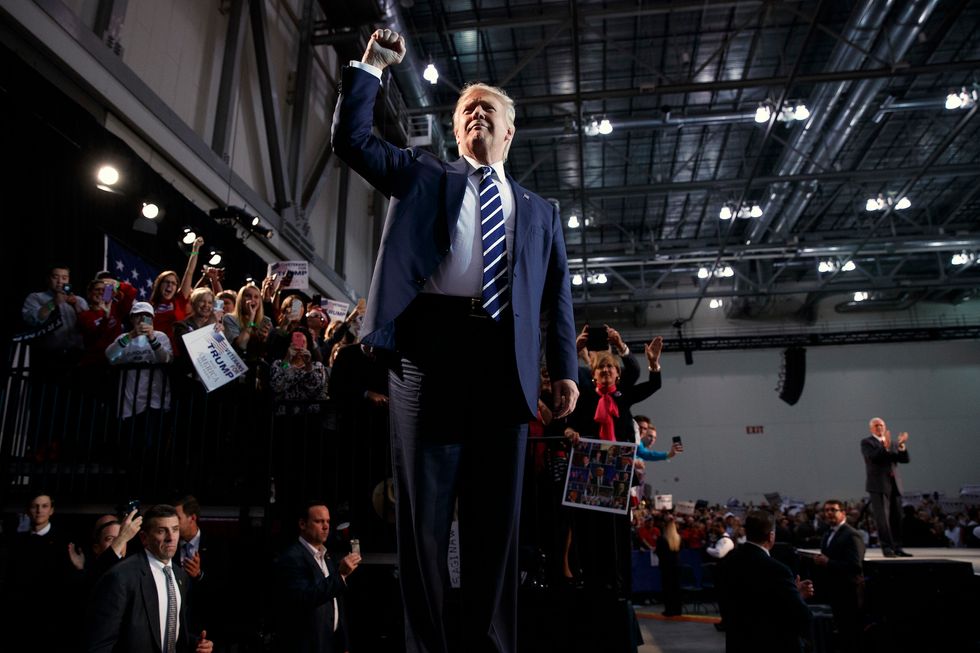
AP Photo/ Evan Vucci

U.S. District Judge Mark Goldsmith issued an order Monday morning for the state of Michigan to begin the process of recounting their ballots in the presidential election. President-elect Donald Trump won the state by fewer than 10,000 votes out of approximately 5.5 million votes cast. Michigan state law requires that, if a recount occurs, it must be done by hand, and it is unclear how long the recount process will ultimately take.
The reason both sides are arguing so vehemently about recounts in three states that Trump won by relatively small margins likely has to do with the rapidly evaporating timetable for those states to certify their election results in order to meet Electoral College deadlines. The deadline for a state to resolve any controversies and present a final certification of electors is Dec. 13. Electors do not actually cast their votes until Dec. 19, but any slate not finalized and certified by the 13th is not presumed valid by Congress and is subject to challenge.
Goldsmith's order thus puts Michigan's 16 Electoral College votes at risk if the state cannot complete a hand recount of every ballot within the next eight days or if Goldsmith's order is not overturned on appeal.
The recount effort in Michigan has been spearheaded by Green Party candidate Jill Stein, who is also leading recount efforts in Wisconsin and Pennsylvania. Though Goldsmith's order will be frustrating to Trump supporters who understandably want to see Michigan's Electoral College votes properly counted, the ruling is unlikely to affect the final outcome of the race unless all three states are somehow unable to certify their votes by Dec. 13 — an extraordinarily unlikely scenario.
Even if all three states were unable to certify their votes for Trump, Democratic nominee Hillary Clinton would also not have the 270 Electoral College votes necessary for an outright victory. The election would then be decided by the House of Representatives, with each state delegation getting one vote. In this scenario, Donald Trump would remain the overwhelming favorite to win the presidency.